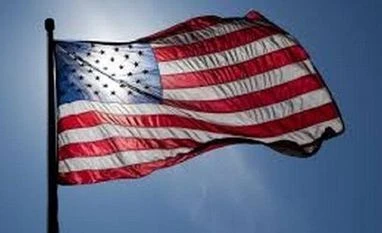Wholesale inflation in the United States surged again last month, rising 9.7% from a year earlier in a sign that price pressures remain high at all levels of the economy.
The Labour Department said Tuesday that its producer price index which measures inflation before it reaches consumers jumped 1% from December.
The year-over-year increase was down from the record 9.8% recorded in both November and December but was well above what economists had been expecting.
Excluding volatile food and energy prices, wholesale inflation rose 0.8% from December and 8.3% from January 2021.
Last week, the government reported that inflation at the consumer level soared over the past year at its highest rate in four decades, squeezing households, wiping out pay raises and reinforcing the Federal Reserve's decision to begin raising borrowing rates.
The 7.5% price surge ranged across the economy, from food and furniture to apartment rents, airline fares and electricity.
Also Read
Inflation, under control for four decades, re-emerged as an economic issue last year as the United States rebounded with unexpected speed from 2020's short but devastating coronavirus recession.
Caught off guard by the bounce-back, companies scrambled to find supplies and workers to meet an unexpected surge in orders from customers flush with government relief checks.
Factories, ports and freight yards came under strain. Shipments were delayed and prices began to rise.
The Labour Department report showed that wholesale goods prices rose 1.3% last month from December and services climbed 0.7%, pulled up by a steep increase in the cost of outpatient hospital services.
The latest advance in producer prices was driven by another strong gain in goods prices, but increases in services prices continued to broaden,'' economists Mahir Rasheed and Kathy Bostjancic of Oxford Economics wrote in a research report.
The combination of stubborn supply disruptions and elevated energy prices will prevent producer prices from reverting to more normal patterns until later this year.''
Economists expect inflationary pressure to drop this year as supply chain bottlenecks begin to ease and the Federal Reserve begins to push up interest rates. And consumers will not be receiving government relief checks.
(Only the headline and picture of this report may have been reworked by the Business Standard staff; the rest of the content is auto-generated from a syndicated feed.)
)